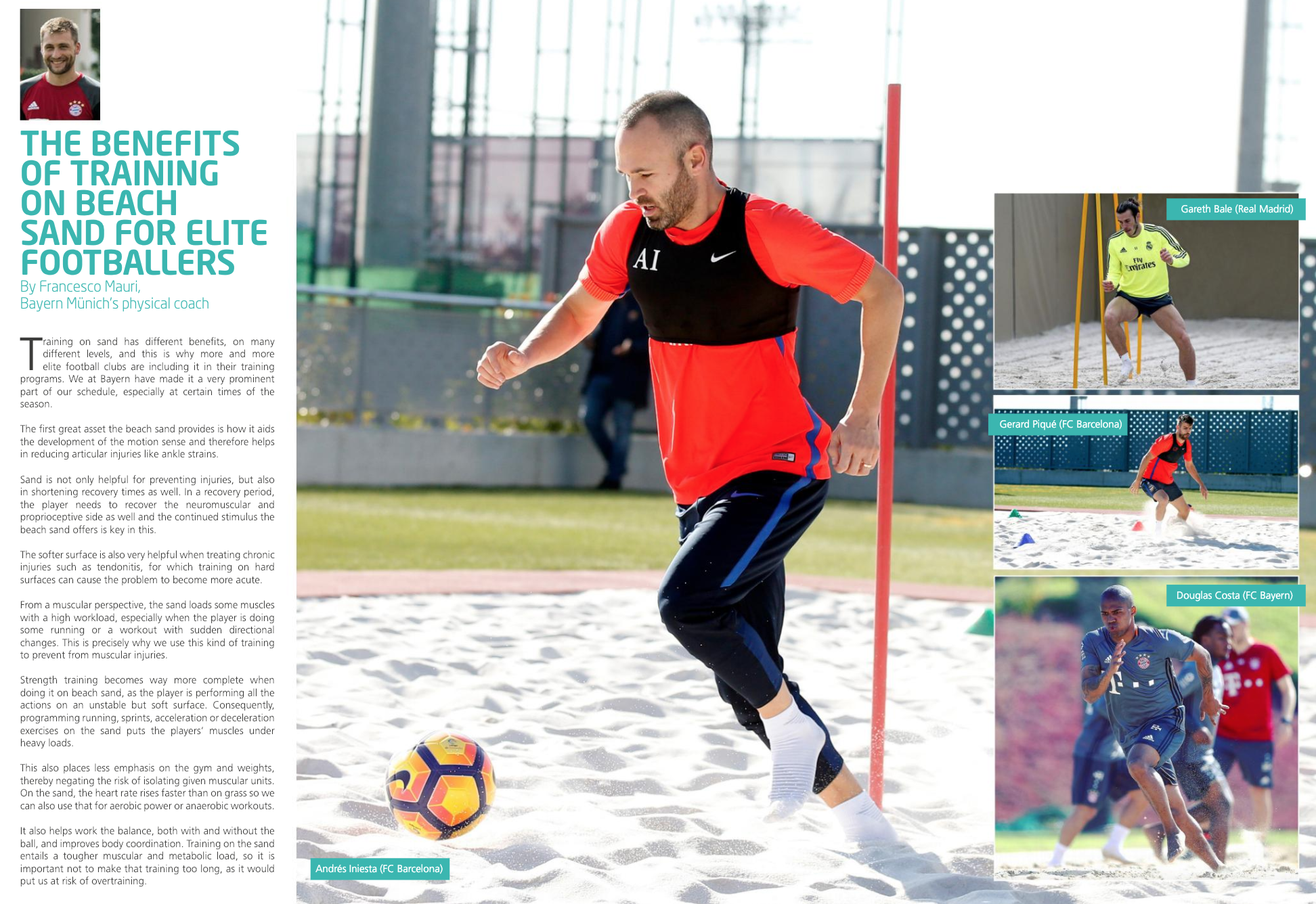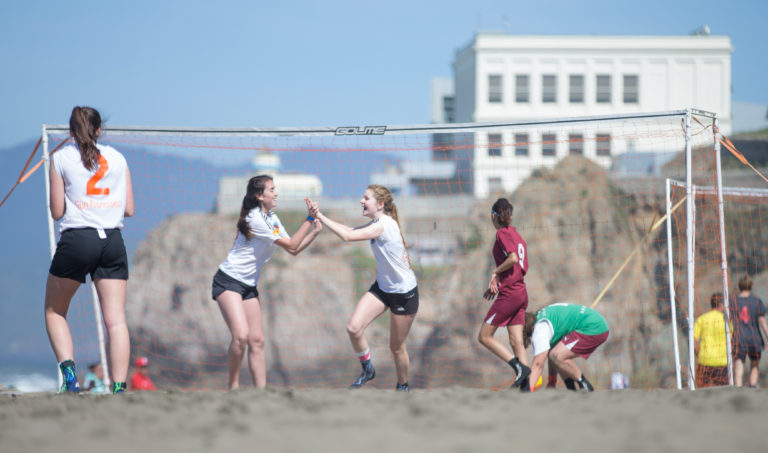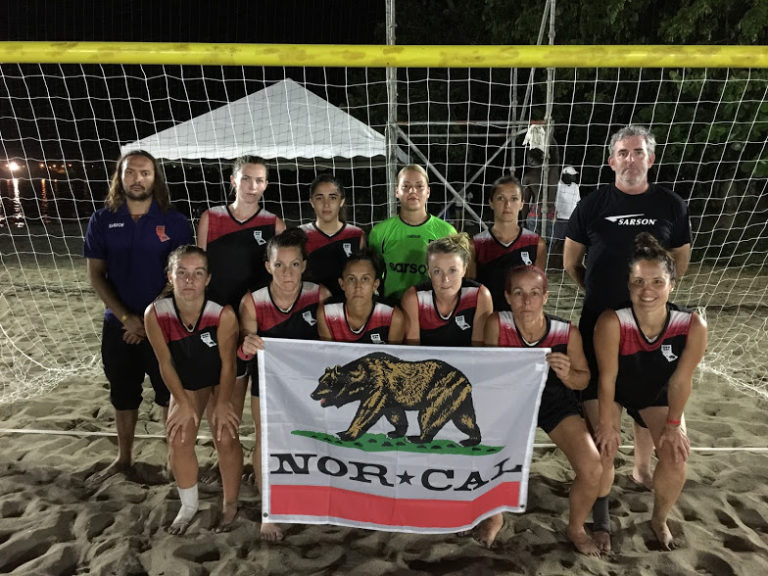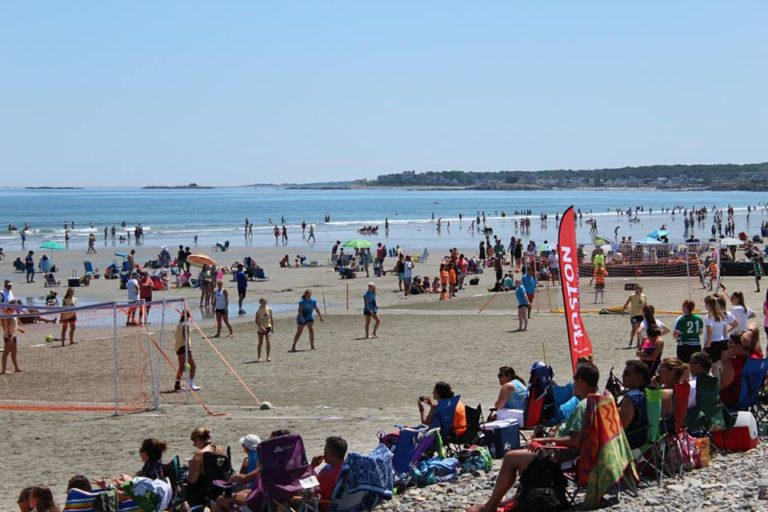Role of the Coach
When you think of the word “coach”, what’s the first thing that comes to mind? Is it related to sports? Do you see grouchy-looking men/women ordering their players around to win the match they’ve been working towards all season? That tends to be the main image which people have. A coach wears many hats. Whether it be a teacher, organizer, competitor, learner, friend, or mentor which has a tremendous influence on their athletes’ physical and psychological development they are key to their development.
Coaching can be interpreted as something so small such as someone who teaches athletes or teams in a particular sport ranging in all ages. Coaches are usually an expert in their sport and are willing to push potential achievers to where they want to be or what they are willing to become. Being a coach doesn’t just begin like a typical day at work. The coach has to develop a professional relationship with their team or athlete.
They have to make major important decisions such as planning for the season. The need to recognize the progressive nature of training variation and which stage each athlete is at. They must be aware of the changing rules. They need to provide a simple and organized environment for athletes to succeed. Coaching is becoming an emerging profession. It has an increasing number of responsibilities and key roles. It is not the job it once was where you just show up, run some drills, and go home.
Coaching Affects How Kids Will Grow into Society
The famous basketball coach of UCLA who set the record for most championships, John Wooden once said “I think the teaching profession contributes more to the future of our society than any other single profession”. Coaches play an important role in the development of young athletes who carry on with them as they’re becoming adults. Coaches have an important part in developing the mental and spiritual growth as well as self-esteem of young athletes.
In addition to teaching sport-specific skills, coaches must teach and instill life skills such as leadership, teamwork, and character-building in their athletes. These are important skills to promote the development of positive human functioning. Coaches who focus on creating effective, personal relationships with their athletes are likely to see benefits regardless of the team’s wins because they will have helped build positive moral and ethical behaviors.
The Relationships Coaches Build Defines Them
Through strong relationships and a holistic approach to coaching, young athletes develop as people and play better as a team. Promoting a positive competitive environment can also help athletes have the opportunity for tremendous personal growth both on and off the field. Success without effective relationships produces athletes with ability, but with no personal growth. Coaches must understand their job isn’t just about physical progress, it’s about equipping their young athletes for success in life. Someone who develops the skills and the discipline found in sport are more successful in professional life. But it doesn’t mean we don’t make it fun.
A coach is not defined by the wins they get on the court, field, or arena; but by the athletes, they develop while they are coaching. Coaches lay the building blocks for young athletes and teams. When they lay the foundation poorly it may affect the structure immediately. If not immediate, someone may have to fix it later. When this doesn’t happen over time it will build up until it all collapses later in life. We need to be more focused on a coach that instills hard work, teamwork, and various life lessons through encouragement and not through punishment.
How to Bring Back Fun & the Role of Beach Soccer
Training athletes to become “champions” in sport, and more importantly in life, can provide many individuals and athletes with opportunities to produce their peak performance and become champions in the real world. Many coaches are just taking things too seriously. It may be the pay or possibly the pressure from parents. Speaking recently to Kevin Crow, Cal North Technical Director, he explained “how so much is so structured now that kids don’t even know how to divide themselves into teams. Everything organized down to the straight line of cones. so they don’t have the tools we had as kids because all decisions are made for them. It’s as if something fun is seen as goofing off. Kids sometimes just need to play”. In reality, this doesn’t need to be the case.
Beach Soccer is a solution! Too often in our conversations with top level coaches we hear, “Yeah it is fun and the kids love it, but it doesn’t help their game”. We have to remind you these are the dinosaurs of the world of soccer who believe “the game must be played between four white lines on a green pitch”. There is no where a player can find the chance to improve their improvising, skill at shooting off a moving uneven surface, and get as many chances to shoot out of the air as in beach soccer. Those key factors barely scratch the surface.
Science Proves Beach Soccer on the Physical Aspects
At the same time, scientifically proven to get your player’s fitter aerobically 2.0x faster and anaerobic fitness 2.5x faster.
We need to challenge the people who cannot see what’s hidden right in front of them. This beach soccer opportunity is not only the most fun any player can have with a soccer ball. It is any coach’s best dream of how to make their players develop faster. This way without even realizing they are working harder! Coaches, parents, and athletic developers we call on you to take advantage of this as a great way to mix things up, It teaches new lessons, and give new coaching ideas for yourselves and your players.
You will not regret it. Realize even an old dog (or dinosaur) can still see the forest through the trees. Guaranteed it is a way to affect their development in a way unseen before. Who doesn’t love the beach while becoming stronger, smarter, and more skilled? Can we ask for anything better?
See YourBeachSoccer on YouTube for ideas and more evidence.







